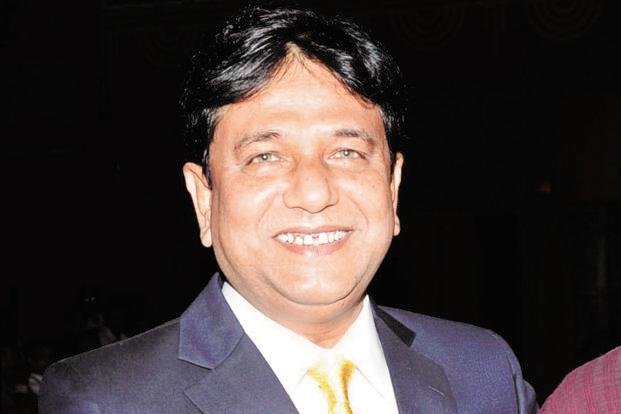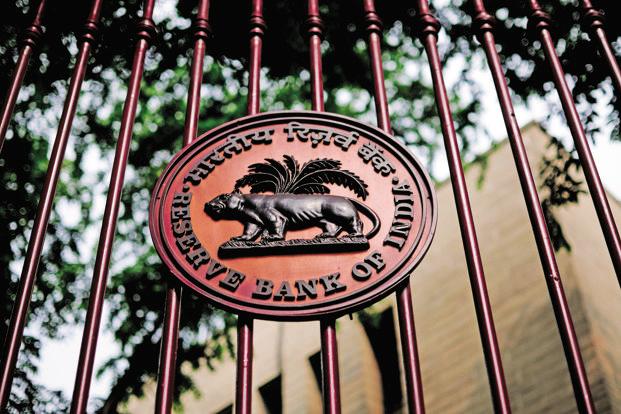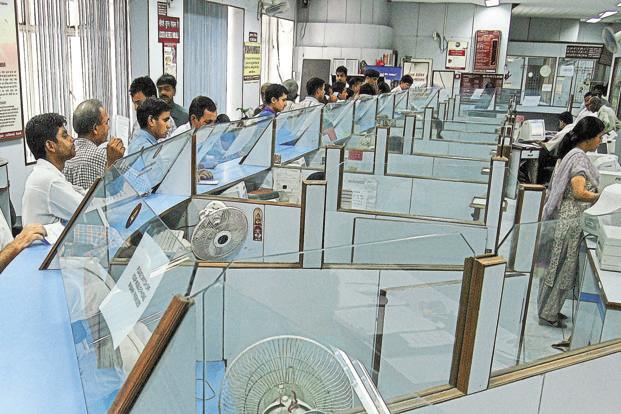West Bengal chief minister Mamata Banerjee said on Monday, “What has gone, has gone,” dashing the hopes of thousands of depositors who are on the verge of losing money kept with the Saradha Group. Sudipta Sen, the chairman and managing director of the group, was arrested on Tuesday.
Why did the group fail? The causes of failure are not new. In 1975, a committee appointed by the Reserve Bank of India (RBI) and chaired by James Raj, former chairman of the erstwhile ICICI Ltd, analysed finance and chit fund companies in Delhi and found the following reasons, and a few others, behind their failure:
One: Dishonesty and lack of integrity of the promoters and directors in the management of the companies.
Two: Giving unsecured advances to directors or their relatives or the firms in which they are interested at nominal rates of interest or even without interest, though funds might have been borrowed by way of deposits or otherwise at high rates of interest.
Three: Extravagant establishment expenses on maintenance of luxurious office premises, publicity, payment of high salaries to some of the employees out of proportion to the turnover or magnitude of the company’s business.
Four: Perpetration of fraud either by misappropriating money received by way of deposits and not accounting them in the books of account or by making advances in the names of fictitious parties.
In the case of Saradha, it seems all four reasons are applicable.
“If such deficiencies or malpractices in their working are to be minimized, if not eliminated, it would be necessary to devise stricter types of controls on the deposit-acceptance activities of the companies and to regulate other aspects of their management,” the James Raj panel report had said.
The committee found that in Bangalore, such companies accept deposits from the public out of all proportion to their own funds and invest in film production, hotels, construction and the usual manufacturing and trading activities. A major portion of their funds was reported to have been invested in the construction of imposing buildings. Such buildings, which also house the offices of the corporations concerned, create a favourable impression in the minds of the gullible public and “they are often led to keep deposits with these corporations”, the report said.
“The corporations are tempted to borrow to the hilt and lock up the funds by investing them in illiquid and risky assets. If for any reason, the business comes to a standstill, as recently happened in the case of one finance corporation, the depositors become the ultimate losers. It is gathered that the partners in some corporations in practice consider the deposits as their share in proportion to their contribution and use or lend the money in any manner they deem fit,” it added.
Thirty-eight years after the James Raj panel issued its report, the Saradha Group’s collapse illustrates how prophetic its findings were. Indeed, regulations have changed, as had been suggested by this committee and many others, but political interference often makes a regulator inactive.
India’s capital market regulator has been fighting a protracted legal battle against at least two such companies—MPS Greenery Developers Ltd and Rose Valley Real Estates and Constructions Ltd—in West Bengal, to stop them from collecting public deposits under so-called collective investment schemes (CIS). It has not been able to stop them, despite issuing cease-and-desist orders.
As many as six district courts have passed injunctions against Sebi’s cease-and-desist order even though only the Securities Appellate Tribunal (SAT) has the jurisdiction to review Sebi’s orders. Sebi even moved the Supreme Court against such firms, but could not make much headway.
Many of these corporations enjoy political patronage. A few of them have built media empires in West Bengal, albeit now crumbling. I am aware of the promoter of at least one such company who has been on a land-buying spree across eastern India using the deposits collected from the public. He also “invests” heavily in Durga Puja pandals every year to keep people happy, “buys” awards from various organizations, and gets himself photographed with the high and mighty to inspire awe among his depositors.
India’s capital market regulator has written to the Union finance ministry in the recent past to appoint a watchdog to oversee the rapid expansion of deposit-taking companies. According to the Securities and Exchange Board of India (Sebi), the task of overseeing such companies should be given to a regulatory body, but it hasn’t made a case for itself to be made the watchdog. It’s time the ministry constituted such a body and stopped regulatory arbitraging by the crooks.



